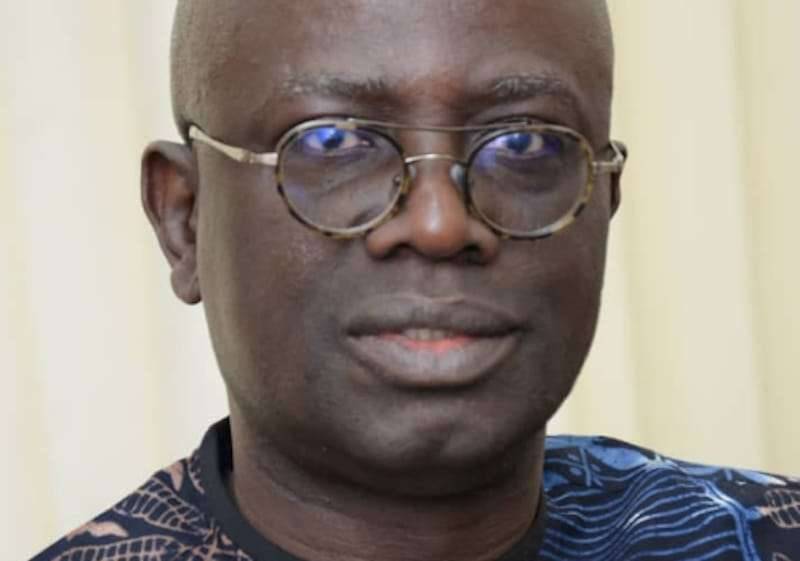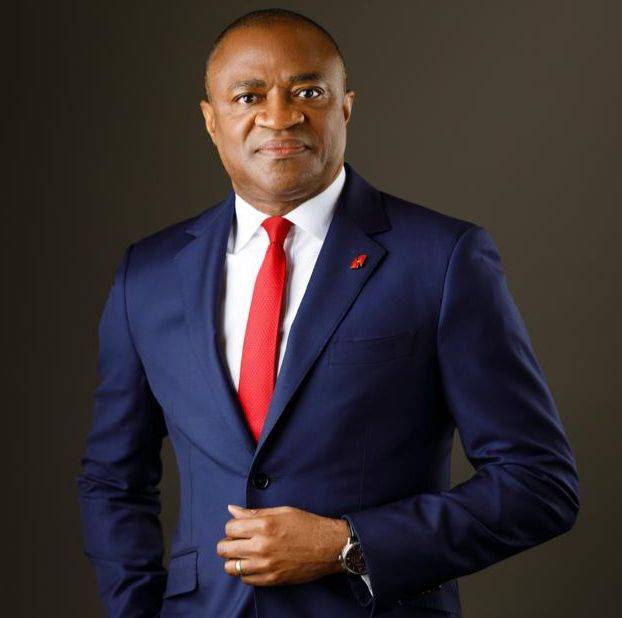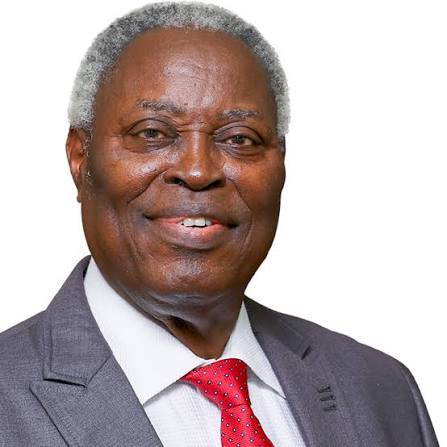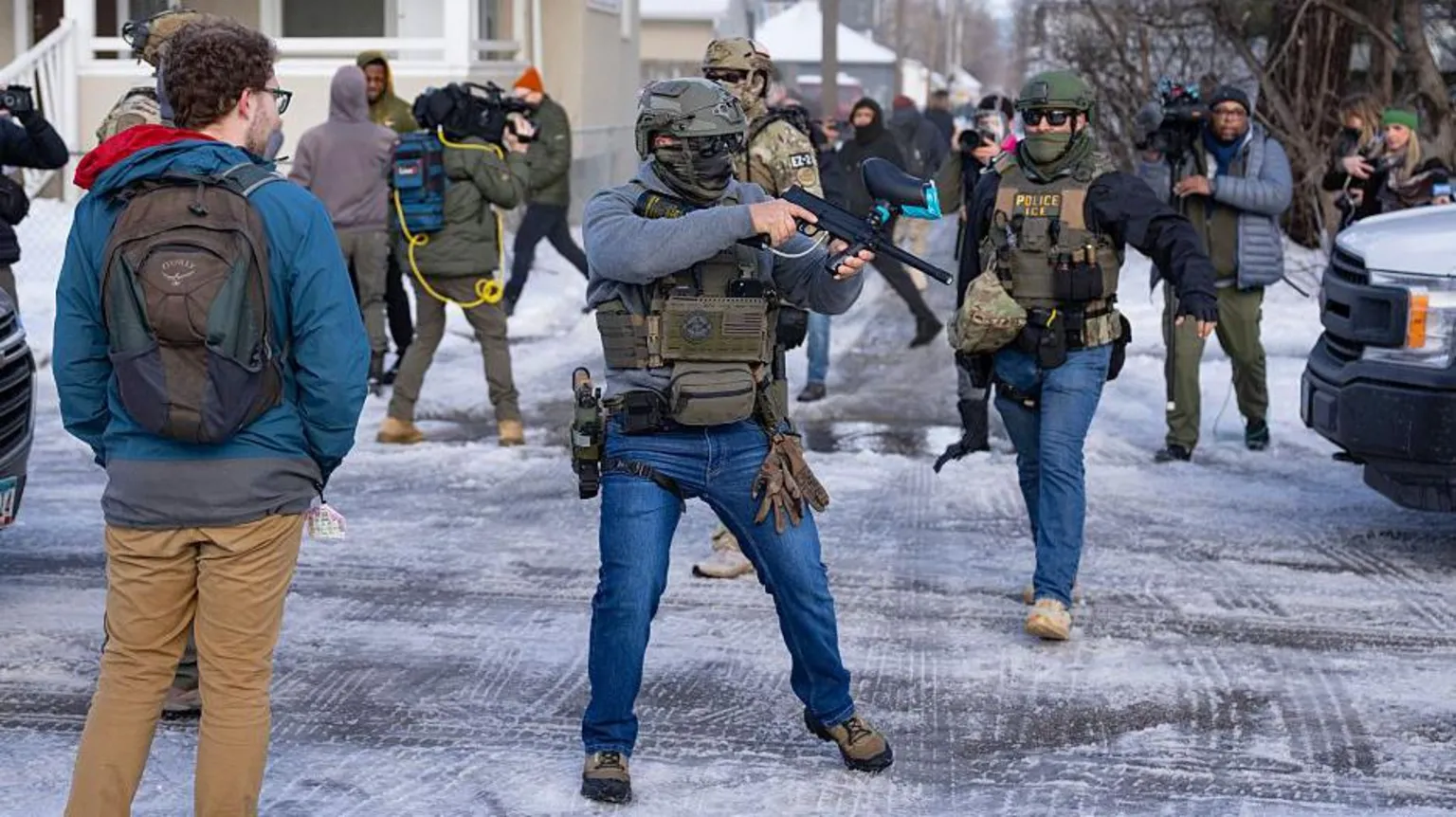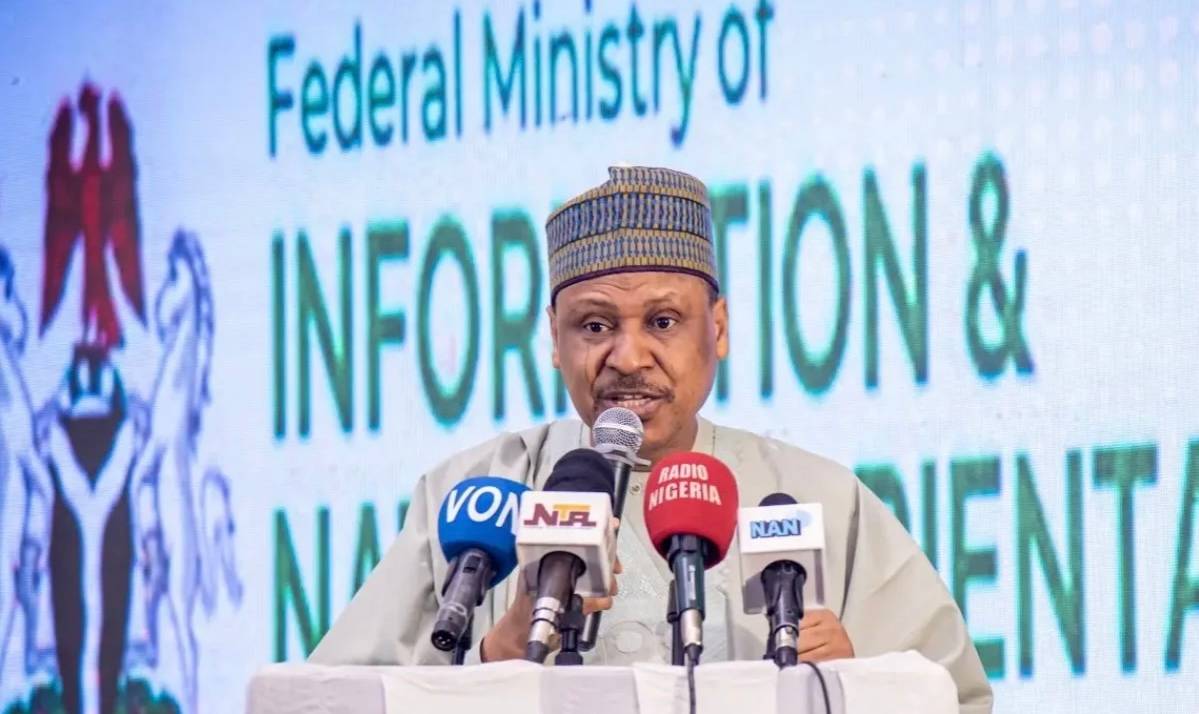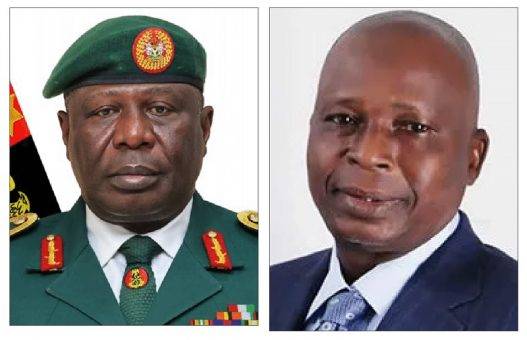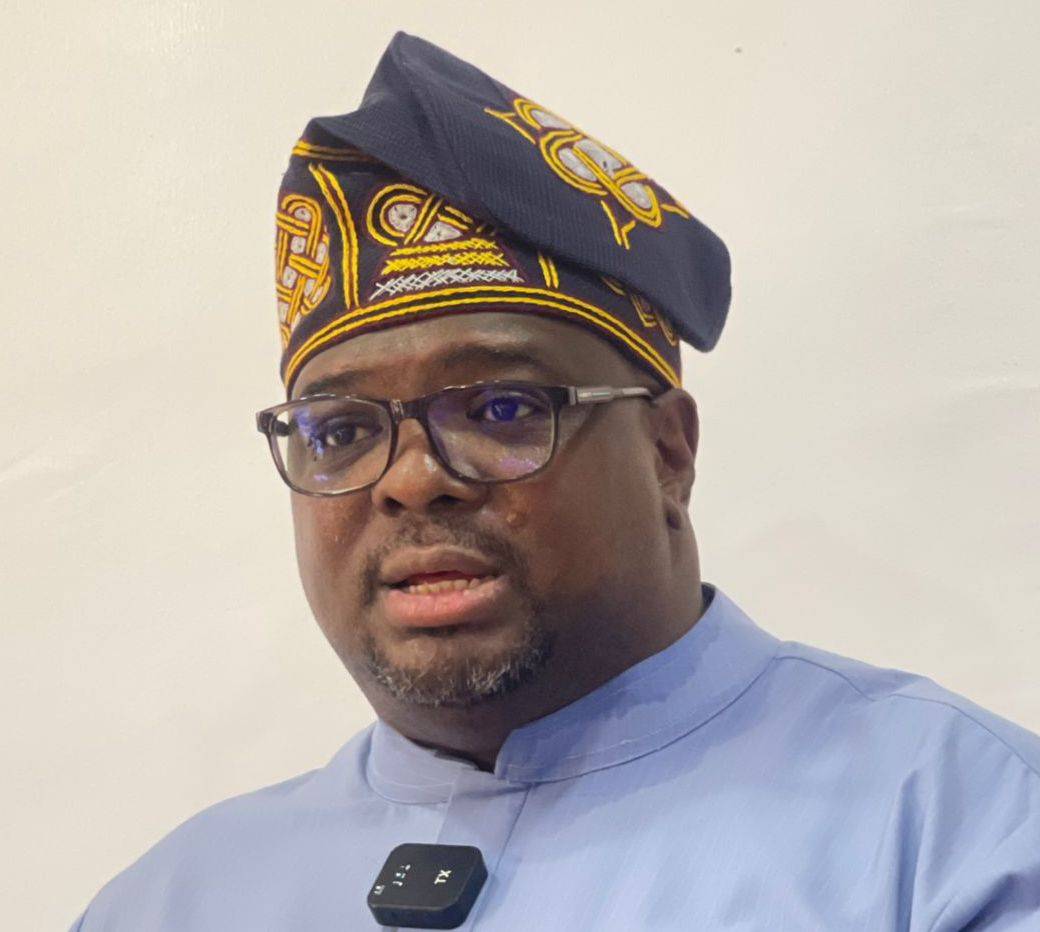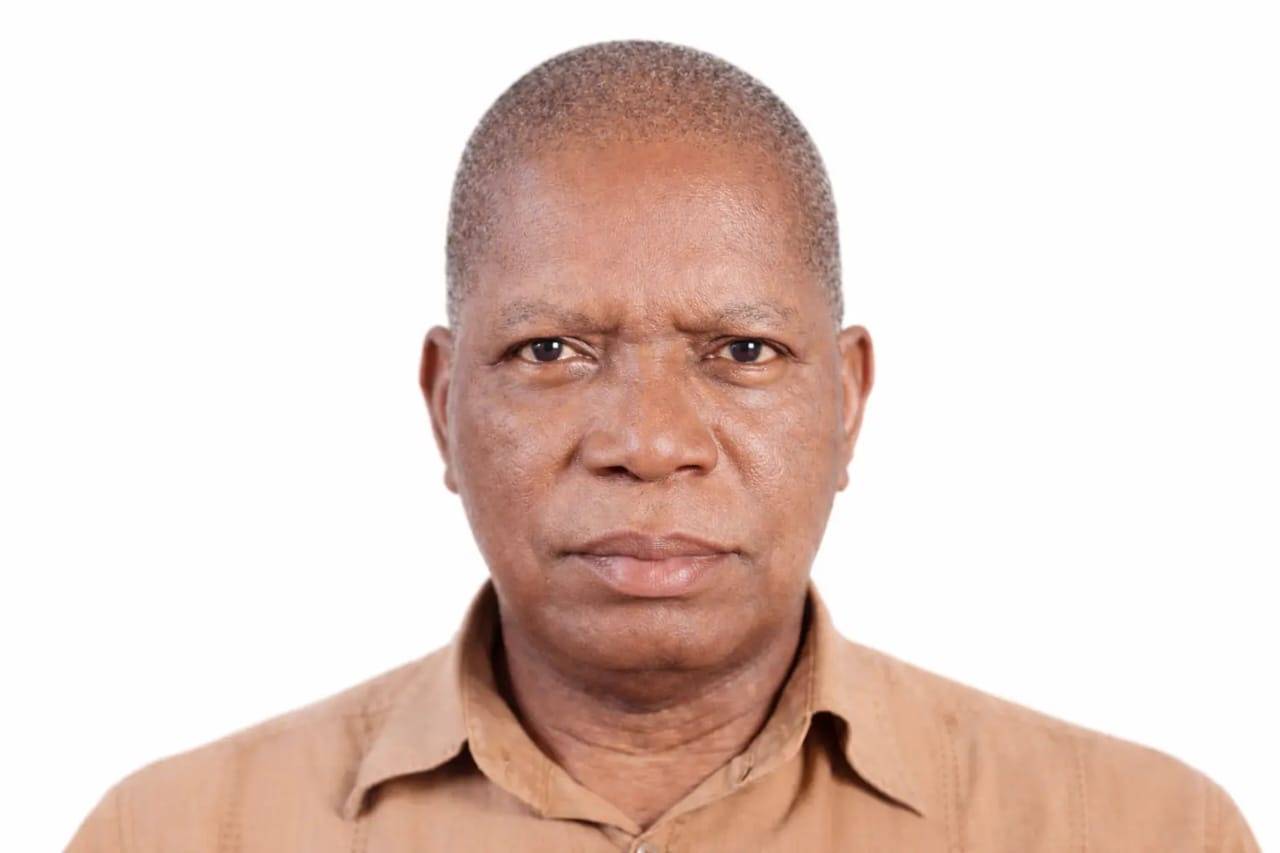By Emmanuel Oladesu
Those responsible for killing democracy in Nigeria are turning around to blame latter-day leaders for the monumental effects of the serious infractions they committed while in office.
Those responsible for the fragility and weakness of institutions are shifting blame. They delude themselves into thinking that the country is enveloped in a collective amnesia.
The master riggers, clueless actors, serial defectors, and religious bigots are mooting an inexplicable alliance and downplaying the obvious distrust. They hope to hijack power and return the country to the decay they wrought. They desperately need power to feather their nests and not to cater for the welfare of the masses. New people are not joining the gang. They are only recruiting their old, distraught followers in an unguarded noise making.
Their aim is to garnish their lies with enticing flavours, taint the truth as a means of their prevarication, and instigate a section of the media against their target, President Bola Ahmed Tinubu, who has refused to fall into their trap.
The objectives are two-fold. They plan to weaken the government of the day—although they were not better in their days in power, as their antecedents clearly show. They now peep at 2027 in trepidation, knowing that as things get better, the nation will mock them and ignore their antics. This is the reason they are desperate to work for the collapse of the government by all means.
Also, they play the diversionary game to get by. They apply emotional manipulation in their game of deceit. They do not want the world, especially their gullible supporters, to see what the current administration has done well. They are concerned about a few inevitable foibles and human pitfalls. What the government has done right is not visible to them. As goes the Yoruba saying: the enemy’s horse is always dwarfish. They do not bother about this administration’s accomplishments. They enjoy pointing fingers over the challenges that are half-solved and those being frontally tackled to achieve the desired result, as their implementation is ongoing.
They raise an unrealistic standard they never met when they misused authority before power slipped from them. They complain not because of their love for the masses but because they miss the privileges associated with public office.
They are united not by vision, ideas, and conviction but by their morbid hate for their common foe in the highest office in the land.
Their past gave some of them away as religious bigots. Now, they are still exploiting the opium of the masses for manipulation. Some of them – Christians – are treading the populist path by going to break fast with the Muslim faithful when they never met the criterion of sacrifice by observing Lent, which their religion demands. They sat on mats with commoners, taking pictures and inundating the social media with their symbol of camouflage reticence.
Their adversarial media backers accuse pro-Tinubu supporters of warming up for a second-term mobilisation. But they are also promoting the crusade for an alliance by the disorganised and disunited opposition gang.
At their recent outing in Abuja, they upgraded their propaganda to absurdity. They cried out to themselves, saying democracy was declining, falling, and not living up to expectation – their expectation, that is. They also turned to the judiciary to malign the temple of justice. The sin of the judiciary is that in the last presidential election, the loser was not proclaimed as the winner.
Instructively, two leading members of the opposition claimed in 2023 that they, and not President Tinubu, won the poll. They were fooling themselves. At least one loser was lying. Beyond that, the court ruled, based on the constitution, the law, electoral guidelines, and the evidence before it, that the two leading losers could not prove their allegations against the winner and the electoral umpire.
Whenever the court rules in their favour, it is the triumph of democracy. Whenever the ruling is against the hypocrites, it is a travesty of justice and the rule of law.
In 1999 and 2003, the presidential battle shifted from the ballot box to the court. They won. It was democracy at work. In 2023, when they lost, it was the decline of democracy and natural justice.
The propaganda is ongoing that all jurists or most of them are corrupt because they allegedly wrote judgments in the bedrooms of some imaginary political barons and moneybags. Yet, those making the allegations lack the courage to reveal the identities of the culprits.
The National Judicial Council (NJC) is responsible for the discipline of erring judges. But the venerable complainants are timid; they fail to submit petitions that would make the body launch an investigation. They commit a fallacy of easy generalisation.
It is ironic that those whose political careers were salvaged by the judiciary in the past are turning around to mock the Bench without justification. It is worrisome because while the executive and the legislative arms can be dragged into the mucky waters at any time, it is forbidden for the honourable judges to join issues with politicians outside the court, no matter the provocation and intensity of smear campaigns.
It is nothing short of regression to maladaptive behaviour in the post-election period by pompous candidates with an inflated ego. These characters indulge in an unending murmuring, almost two years after the poll, due to their reluctance to embrace reality and accept their fate. That lack of adjustment, which makes them to hold on to the past instead of focusing on the future realistically, is likely to affect their preparation for the next election. Psychologically speaking, the attribution of failure at tge poll to their rival who won meant that they lack an internal locus of control.
They are regrouping after they were scattered by antagonistic interests in the past. But a deep gulf still exists between them and the masses who they have endlessly exploited in the past through their rape of democracy.
The proponents of the newest theory of democratic decline derived a weapon of blackmail, following the declaration of emergency rule in Rivers State by the President. They forget what their grand patron did in Ekiti and Plateau, the two states where the jungle never matured. The critics closed their eyes to reality and truth. As accomplices in the civilian dictatorship in Rivers, none of them raised an eyebrow when the House of Assembly was callously demolished by the power-drunk chief executive, who described it as his personal property. They also kept mum when lawmakers were denied access to the parliament, thereby denying 27 constituencies of representation for more than a year. They pretended as if all was well when only a three-member Assembly indulged in constitutional crimes against popular rule by erroneously giving the nod to the governor’s illegal actions. To them, all was well when the governor swore in commissioners who had not been screened by the parliament. They were pleased with running the state without a budget.
As the Supreme Court judgment stated, there was no legal State Executive Council (Exco) in place, and the governor took the actions – in lawlessness.
The appropriate Assembly, deriving its strength from the court verdict, immediately issued an impeachment notice. Over 14 breaches were listed. It was evident that the governor’s camp was packaging a resistance. The tough guys have been told by the chief security officer of the state to wait for some inexplicable instructions. Chaos was looming. Pipelines were blown off. But before the escalation of violence, the Commander-in-Chief acted fast.
If any of the opposition leaders were presiding over the national affairs in Abuja, what would be his next line of action? Would he allow the Rivers of crisis to degenerate into a fire? Would they not later turn round again to blame the President for inaction?
If democracy, as they claim, is declining or falling, then, the etiology of the rot should be probed. In rewinding the events of the past for a replay, they have been revealed, more or less, as the culprits.
In 2003, a political earthquake reverberated across the Southwest. The then ruling party at the centre was the beneficiary. Five of the six governors in the region were thrown out of office in a curious electoral coup. But they accepted the turn of events. The affected governors never went to the tribunal for redress. Also, they walked freely on the streets. There was no invitation from any anti-graft body. They served their people to the best of their abilities and within the limited resources available to their states.
Four years later, the so-called apostles of democracy were on the prowl, stealing the mandate of the people in many states. The mandates were later retrieved in court. The funny aspect of it all was that a do-or-die election was conducted, and the beneficiary, in sincerity, owned up that he rode to power on the back of a flawed and fraudulent exercise. On that account alone, the leaders of the then ruling party could be described as men of doubtful democratic credentials. They are fake democratic curators brandishing a puritanical zeal.
When the anti-graft agencies became a tool for victimisation under their leadership, when court orders were wilfully disobeyed and violated, when their government became a cesspit of corruption, when federal allocations to states were seized and governors threatened, and when tension enveloped the polity because they wanted to hijack power in some states without actually winning democratic elections, they did not see it as a killing of democracy.
The supporters of fuel subsidy are still annoyed and fighting back. They are few. They have made money from the loophole for years to the detriment of the larger population.
In the history of Nigeria, none of them fought for democracy. While the soldiers among them claimed to have fought to keep Nigeria together, the question now is: What really brought about the civil war? Was the war not foisted on Nigeria by the scramble for power among ambitious soldiers? They created the ugly situation. They fought hard among themselves to clean up the mess. They rose to political fame by dismantling democratic structures. When they led the country in khaki, to whom were they accountable? Where did they derive their legitimacy when they ruled by the force of arms?
What was their position on the June 12, 1993 election annulment? Did any one of them fight for the restoration of civil rule, which they became beneficiaries of in the Fourth Republic?
Was the massacre at Odi and Zaki Biam democratic?
What is their view on the resolution of the National Question? Are they not the unitarists serving as clogs in the wheel of federalism?
President Tinubu should not allow these fake apostles of democracy to distract his attention from the implementation of his ‘Renewed Hope Agenda.’ He should remain focused. The greatest challenges now, like before, are security and the economy. As things get better, Nigerians should support him in his bid to reposition the country to attain greater heights in all spheres.
Culled from The Nation




